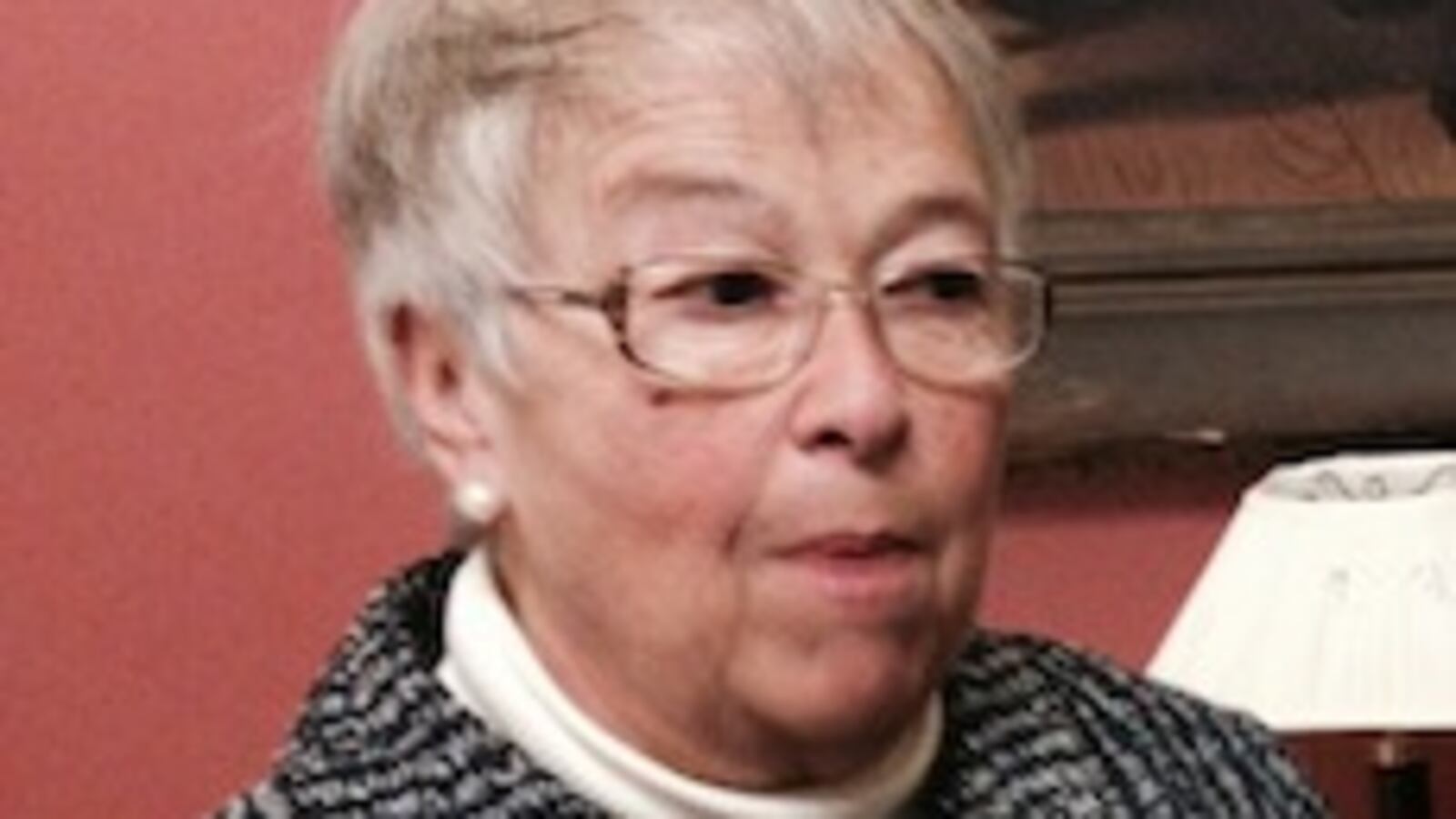Schools Chancellor Carmen Fariña isn’t giving herself much time before she wants her work with parents evaluated.
“I hope you hold me accountable,” Fariña told a group of them this morning at the Department of Education’s headquarters. “And by June, I’d love to ask you: Are the communications between us and parents better?”
The way the department engages with parents was an easy target for every Democratic candidate, including the eventual winner, Bill de Blasio, during the mayoral campaign. As the department centralized and reorganized operations under the Bloomberg administration, parents increasingly complained that they were shut out of decision-making.
Rebuilding the department’s relationship with parents is one of Fariña’s first priorities, she said when she accepted the job last week. She said she would make the rounds of elected parent councils to hear parents’ concerns.
“My passion is obviously parents,” she said.
At today’s meeting with the Chancellor’s Parent Advisory Council, a group made up of PTA presidents from across the city, Fariña offered a few additional details about what she has in mind.
She signaled that, to at least some degree, she would work to make decisions based on what parents want. Passing out green index cards to the CPAC members, Fariña told them to write down a question or concern about the school system. She said she would collect cards for each group she meets in her listening tour — Community Education Councils, another parent body, will get yellow cards — using a color-coding system to help her understand where issues overlap and differ.
“It’s a way to get to what you really need me to do in a much quicker way,” Fariña said.
But she also indicated that the department’s emphasis would continue to lie with informing parents about what they need to know, the main parent engagement strategy of the Bloomberg administration. This spring, the department will hold an all-day parent conference, Fariña announced, adding that workshops could include ones on helping parents better understand the Common Core and which children’s television shows that are best for language development.
Fariña has become known for speaking without a script in her first few public appearances, bouncing from one idea on education to another. Continuing that habit on Tuesday, she shared a series of questions that have been on her mind as she’s thought about parent engagement, including what to do with parent coordinators, the people in each school tasked with communicating with families.
“How do we make parent coordinators smarter about things they can then translate to you?” she asked.
Winning over parents spread across 1,800 schools in five boroughs could be a formidable challenge. Queen Makkada, a longtime parent leader who has children and grandchildren attending schools in three different districts, said she didn’t hear much new from Fariña.
“What she said sounds like what everybody says,” Makkada said. “As far as I’m concerned it’s the same old rhetoric.”

